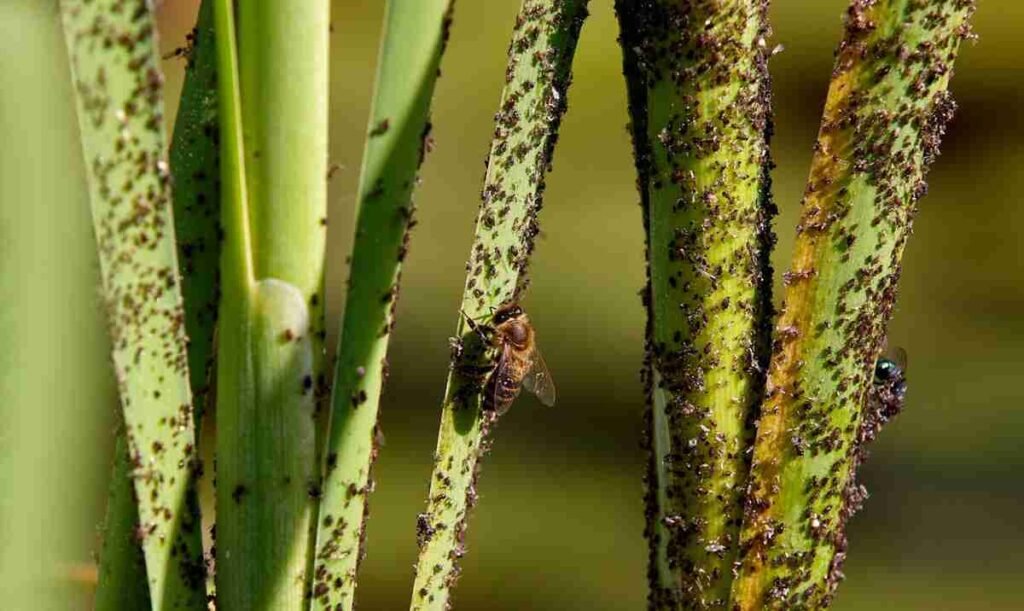Physical Address
304 North Cardinal St.
Dorchester Center, MA 02124
Physical Address
304 North Cardinal St.
Dorchester Center, MA 02124

Organic gardening is often surrounded by myths and misconceptions, leading many gardeners to either shy away from it or follow incorrect practices. While organic methods promote sustainability and environmental health, misinformation can create unnecessary challenges. In this guide, we’ll explore 5 organic gardening myths debunked with surprising facts, helping you make informed decisions for a thriving garden.

Many people believe that organic gardening is costly due to the price of organic fertilizers, compost, and pest control methods. However, the truth is that organic gardening can be more affordable than conventional gardening if done correctly.
Organic gardening reduces long-term costs by eliminating the need for chemical fertilizers and pesticides. Instead, natural composting, crop rotation, and companion planting minimize the expenses associated with synthetic gardening products.
For more money-saving organic gardening tips, visit The Rodale Institute.

One of the biggest misconceptions about organic gardening is that it produces lower yields compared to conventional methods that rely on synthetic fertilizers and pesticides.
While organic yields may be slightly lower in the first few years due to soil transition, over time, organic gardens can be just as productive, if not more so, than conventional gardens. Healthy, nutrient-rich soil leads to stronger plants with better resistance to diseases and pests.
According to The Food and Agriculture Organization (FAO), organic farming can match conventional yields while being more sustainable.

Some believe that switching to organic gardening will magically eliminate pest issues. Unfortunately, pests are a natural part of any ecosystem.
Organic gardening doesn’t eliminate pests—it helps maintain a natural balance where beneficial insects keep harmful pests in check. Instead of relying on chemical pesticides, organic gardeners use nature to their advantage.
For more natural pest control techniques, check out The Xerces Society.
Another common misconception is that organic gardening requires large spaces, making it unsuitable for small gardens, balconies, or urban areas.
Organic gardening can be done in any space, from small urban gardens to container gardening on balconies. Techniques like vertical gardening, raised beds, and hydroponic systems allow anyone to grow organic produce in limited spaces.
For more information on small-space organic gardening, visit The American Horticultural Society.
Many gardeners worry that organic methods require too much time and effort compared to conventional gardening.
While organic gardening does require some upfront effort, it ultimately leads to less maintenance over time because it focuses on long-term soil health, natural pest control, and companion planting.
For time-saving gardening tips, check out The Royal Horticultural Society.
By debunking these 5 organic gardening myths with surprising facts, it’s clear that organic gardening is not only sustainable but also practical and rewarding. Whether you’re concerned about cost, space, pests, or maintenance, there are effective organic solutions available to help you succeed.
Embracing organic gardening methods improves soil health, plant productivity, and environmental sustainability. With the right approach, you can enjoy a thriving, chemical-free garden that benefits both you and the planet.